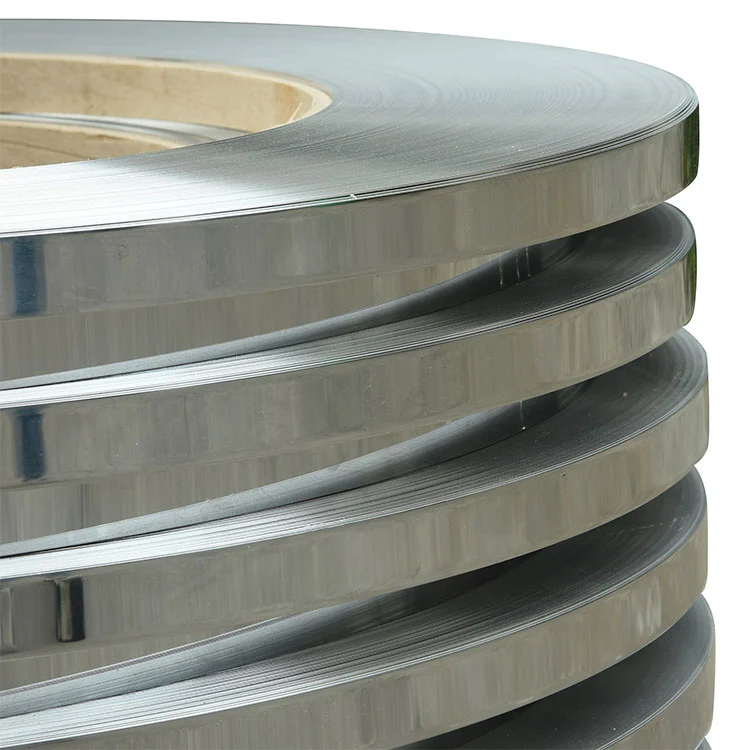What Are High Temperature Alloys and Why Are They Important?
2025-04-15
High temperature alloys, also known as heat-resistant alloys, are specially engineered metals designed to maintain strength, stability, and corrosion resistance even when exposed to extreme heat. These materials play a critical role in industries where conventional metals would fail under intense thermal conditions.
What Makes an Alloy “High Temperature”?
High temperature alloys are formulated to withstand operating environments typically above 500°C (932°F). Their compositions often include elements like:
- Nickel
- Cobalt
- Chromium
- Molybdenum
- Aluminum
These elements enhance the alloy’s resistance to oxidation, thermal creep, and material fatigue — all of which are crucial under high-heat stress.

Common Types of High Temperature Alloys
- Nickel-based Alloys: Known for excellent heat resistance and corrosion performance, widely used in aerospace and power plants.
- Cobalt-based Alloys: Exceptional wear and corrosion resistance at elevated temperatures.
- Iron-based Alloys: More cost-effective, typically used where extreme heat resistance is needed but not as critical as in aerospace or turbine applications.
Key Properties
- High strength at elevated temperatures
- Resistance to thermal expansion and deformation
- Excellent oxidation and corrosion resistance
- Long-term durability in harsh environments
Why They Matter
From jet engines and gas turbines to automotive exhaust systems and industrial furnaces, high temperature alloys ensure performance, safety, and longevity. Without them, the reliability of many modern technologies would be compromised.


